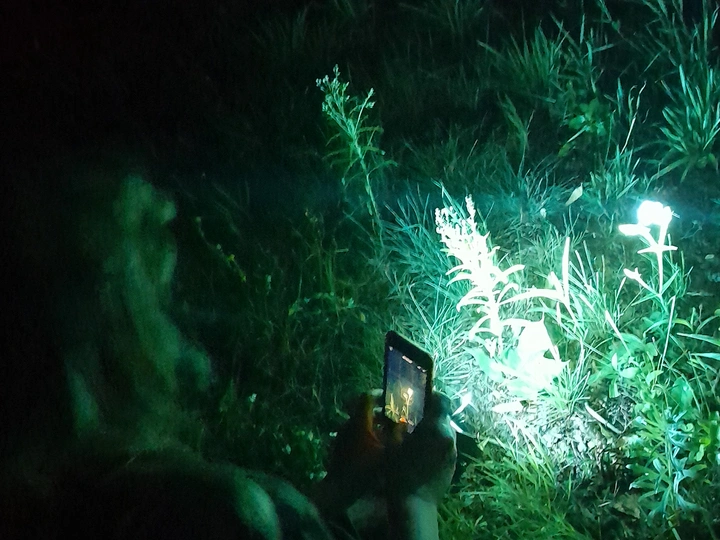Green Herstories

Anna Schmidt-Fiedler
Anna Sokolnicka-Elzanowska
Marzena Zajączkowska
Author: Anna Krenz
Sinus 3:
Anna Krenz, Born 1976 in Poznań, Poland; artist, architect, editor and activist, lives in Berlin (since 2003) and Puszczykowo. Education: the Faculty of Architecture and Spatial Planning at Poznań University of Technology and MA Program in Energy, Environment & Sustainable Design from the Architectural Association in London. ART: themes related to public spaces, sustainability, women, HERstory, socio-political matters, stereotypes, and religion. I work with drawing, painting, video, performance. Co-manager of the Gallery ZERO in Berlin, hosting over 100 exhibitions, concerts, and happenings featuring artists from Poland, Germany, and around the world (2003-2012). Editor-in-chief of the Polish design magazine "VOX Design” (2007-2009) and „re:design” (2010). I write about architecture, lecture on architecture, urban planning, ecology, and engaged art. Scholarships (latest): 2022 - The Foundation for Arts Initiatives (NYC), research scholarship from the Senate of Berlin and Fonds Darstellende Künste, Berlin. In 2020, I was awarded the Golden Owls of Polonia for my artistic activity. As Dziewuchy Berlin we were awarded with Green Pussyhat Prize (2018) and Clara-Zetkin-Frauenpreis (2022). Founder of Dziewuchy Berlin feminist collective; works for Nordic Folkecenter for Renewable Energy (Denmark). www.dziewuchyberlin.org www.sinus3.com www.folkecenter.net
Marzena Zajączkowska, born 1977 in Inowrocław, Poland: architect, lives in Poznań. mzajaczkowska.com
Further team members:
Anna Schmidt-Fiedler, Social scientist, cultural manager, lives in Mosina (next to Puszczykowo). Chairowoman of Key4Tomorrow Foundation; works on sustainability projects at the Poznań Mickiewicz University. www.key4tomorrow.pl
Anna Sokolnicka-Elzanowska, art historian, environmental activist, member of the Old Town district council in Poznań, member of Freedom Square Association and Ecological Puszczykowo Association. Lives in Puszczykowo and Poznań.
Why do we need history? Why do we need HERstory? To learn from examples, trials and errors, not to make the same mistakes, but also to get w full picture of things and foresee what may come.
Climate change, political upheavals, the rise of right-wing movements, armed conflicts, and the war in Ukraine instill fear in many. This fear can disrupt cognitive functions, hindering emotional regulation and ethical decision-making. In Poland, fear of war is compounded by historical trauma. Polish-German relations are affected by history, post-colonial practices, mutual prejudices, and hostility fostered by Poland's former conservative government.
The project seeks to strengthen Polish-German relations by connecting women from Berlin and Puszczykowo through narratives of women's history and ecology. In Berlin, memory culture is shaped by institutions and academia, with grassroots initiatives often ignored. When authorities refused to permanently commemorate Poznań resistance fighter and poet Irena Bobowska (1920-1942), we (Dziewuchy Berlin) took action. We crowdfunded to buy a tree (from city tree campaign), naming it after Irena Bobowska.
The concept is an extension of the project "Puszczykowianki, Heroines of Bygone Days" (2024, Puszczykowo), featuring meetings, workshops, and a city game highlighting women's history while building local community and engaging residents in environmental actions. The project also aims to counter fear of ecology perpetuated by Poland's former right-wing government. Rampant deforestation, extensive urbanization, and river pollution (e.g., Odra River) remain ongoing challenges that our project seeks to address through awareness, community engagement, and environmental protection efforts. An important event will be the naming of trees on Poznańska Street in Puszczykowo after historical female residents of the city, which is intended to protect these trees from being cut down.